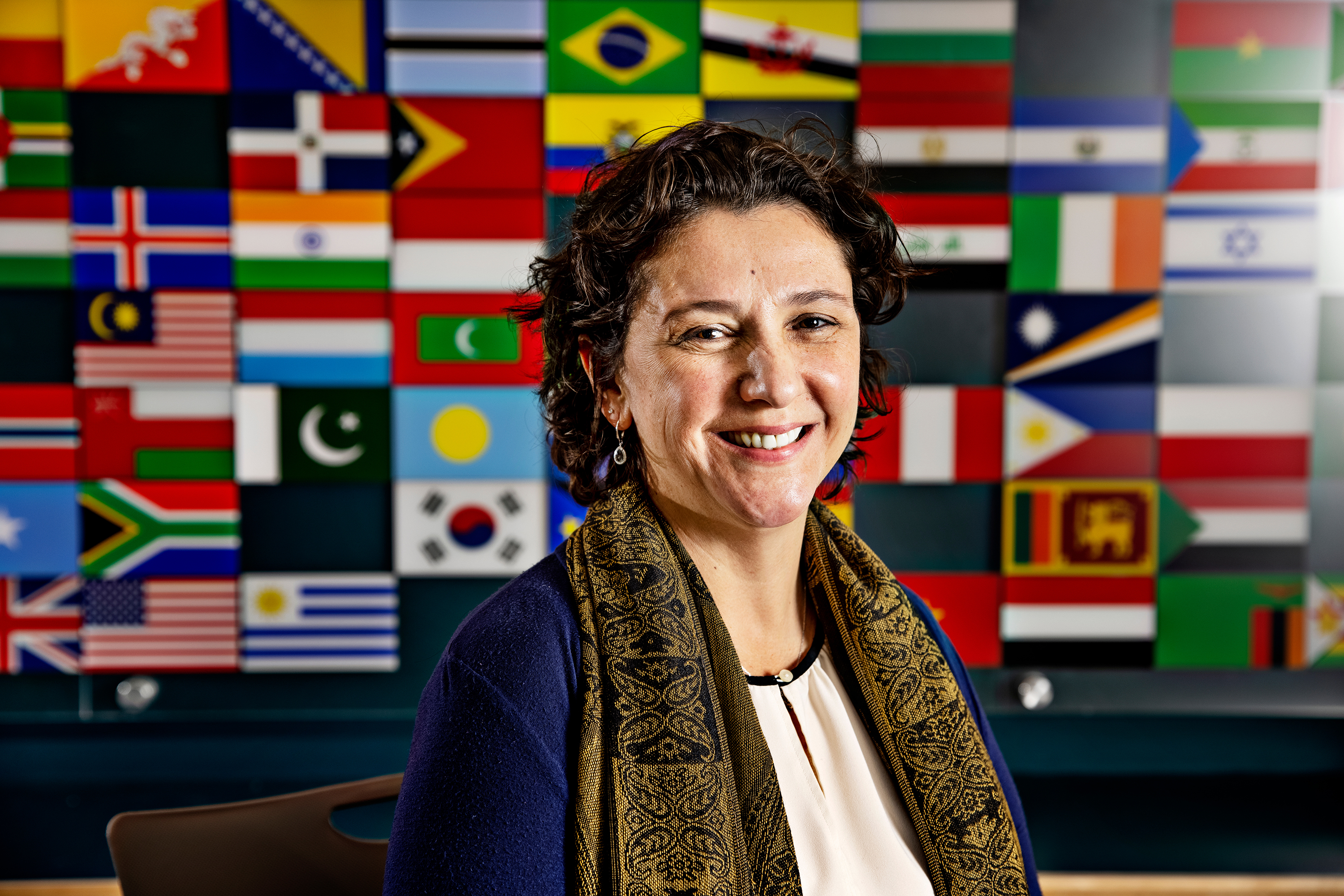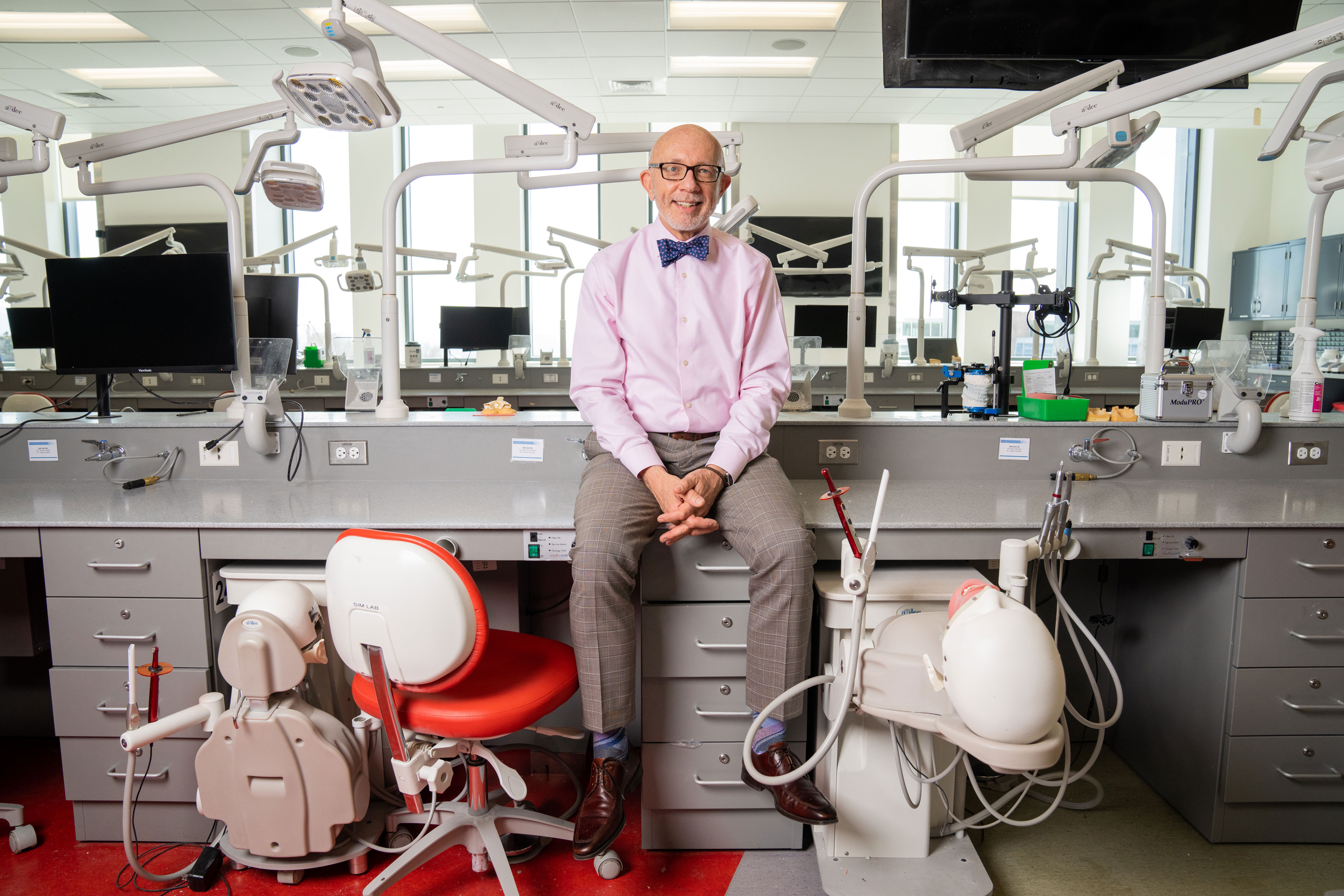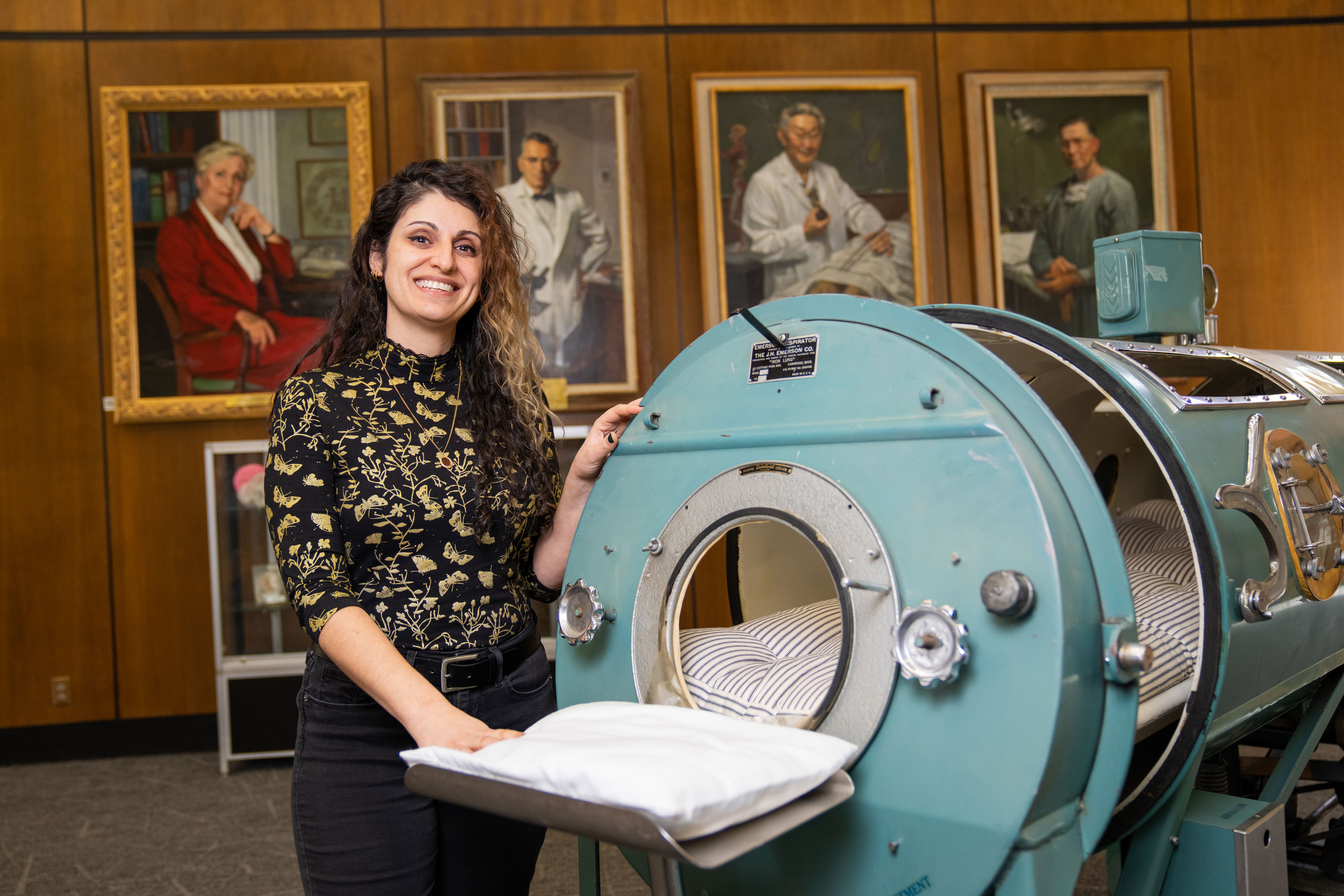
How did you first get involved in EDI?
I’ve been an activist long before it became my line of work. Simply put, I don’t have the luxury of not doing this work. I have a lot of intersecting identities that fall into different marginalized groups: my race, my disability, my sexual orientation. I became an accidental activist of sorts because I learned early on—during elementary school, in fact—that the world wasn’t built for me.
I realized I was different, I looked different, and was treated differently. Growing up, that meant that I spoke up in defense of other people who felt marginalized, underrepresented, or voiceless. That’s been my journey into this work, and a big reason why I stay in this work. There’s always so much more to do.
What’s a cause you always speak up for?
One cause I care about personally that I find many people resonate with is access to mental health resources. Coming from an industry that relies upon insurance, it’s often confusing to understand the benefits and services available to you. It can be hard to find a provider—and hard to find a provider who takes your insurance—and that process can be so overwhelming for someone who’s already experiencing mental health issues. I’m sure a lot of us have listened to a podcast and heard about a mental health app that offers support 24/7. You look into it and it turns out they don’t take your insurance, or their out-of-pocket cost is too high.
These past two years especially, so many of us have experienced depression, anxiety, burnout, and stress. Add to that the struggle for access, cost, and the stigma to even name your mental health condition, and care becomes almost impossible. We all end up suffering in silence instead. That’s what’s really impressed me about our system. We’ve got our Resiliency Center, our weekly Black, Indigenous, and People of Color (BIPOC) check-ins, support groups for women of color and LGBTQ+ people. . . These [support groups] have been created out of necessity, and it’s such a gift to find a group of people who can share in your experience. These needs—and the conversation around mental health—are only going to grow, and it’s important we strengthen our offerings to relieve the burden off the people we serve.
What issues do you focus on at HCI?
Health disparities in cancer care are a huge barrier for us. We see higher rates of certain types of cancers among Black and Latinx communities, different types of preventable cancers among people who identify as LGBTQ+, and we need to put more resources into preventive education. People are coming to our center needing cancer care, and we’re trying to prevent [cancer] from the beginning. What does it look like to have access to healthy food, clean water, and regular preventive exams? If we can address these inequities, we can prevent cancer and other issues later down the line. We might not see the results immediately, but in the years to come, we’ll see those disparities lessen.
Where does that work start?
Building trust. I think the most important thing is to establish real relationships with the community. One pitfall for health care, or any group trying to do community outreach, is that it can feel very “one and done.” We’re going to come out there and do all these good things, and then we disappear and never talk to the community again. If we’re serving a community with a different language or culture than ours, it doesn’t matter how many clinics or services we provide: They won’t come.
What’s more effective is including the community in every step of the process: our goals, our policies. When they have a voice and a say in what’s going to impact them, they show us how they can be represented [and] what they need from us. Rather than being a savior to the community, we’re partners with the community. We’ve got a shared goal that we can accomplish together. We’re also very lucky to have community partners like the Utah Pacific Islander Health Coalition, Comunidades Unidas, the Utah Pride Center, and others to help us build relationships.
Building trust is important on an internal level too, right?
Of course. One HCI initiative I’m really proud of is our process of reporting discrimination against staff. It’s sad to say it still happens, but we have had patients come into our facilities and say derogatory things toward the people trying to serve them. In the past, if a patient requested not to be treated by someone different than them, we would redirect those staff outside their care. Now, we’re saying, “No. That’s not appropriate. We have the most talented people here at HCI. We’re happy to serve you and provide the best care possible. But in return, it’s your responsibility to treat us—all of us—with respect.”
I hope this allows our employees to find refuge, safety, and belonging with us. They are more than the service they provide. They deserve to feel fulfilled and secure in their place of work.
What fulfills you most about this work? What frustrates you?
The most frustrating part: these things take time. The process of making decisions and changing policy often [requires] a lot of stakeholders to give approval and details to be worked out. It sometimes feels like you’re working on the same project for months at a time and not making headway.
But that’s what makes it fulfilling when your project finally comes to fruition. When you see your work pay off, it’s a beautiful thing. In my role helping educate and inform our workplace, when you see others owning and being accountable for creating equity in their own spaces, that’s what really drives me.
For those who are just beginning to incorporate EDI in their own spaces, what advice would you give them?
You have to give some grace. Acknowledge what others are doing well, show you value their contributions, and then provide suggestions. We’re all on this journey together. Building relationships with one another, no matter our current EDI knowledge, will benefit every single one of us.
In five years’ time, what’s your vision for the Huntsman Cancer Institute?
I’ll say this for HCI and for our institution as a whole: I want people from all races, classes, and backgrounds to see themselves here and see a path for them to thrive here. I want to help create a culture that is not only tolerant of different perspectives but actively seeks them out and implements the ideas they give. That’s my vision.

Associate Professor of Infectious Diseases and Associate Dean for Health Equity, Diversity, and Inclusion at the Spencer Fox Eccles School of Medicine

Associate Professor of Patient Communication and the Associate Dean for Health Equity, Diversity, and Inclusion at the University of Utah School of Dentistry

Equity, Diversity, & Inclusion librarian at Spencer S. Eccles Health Sciences Library (EHSL)